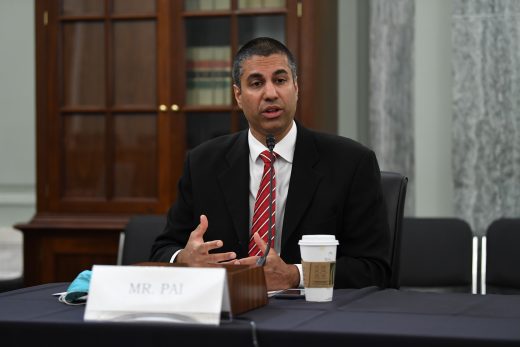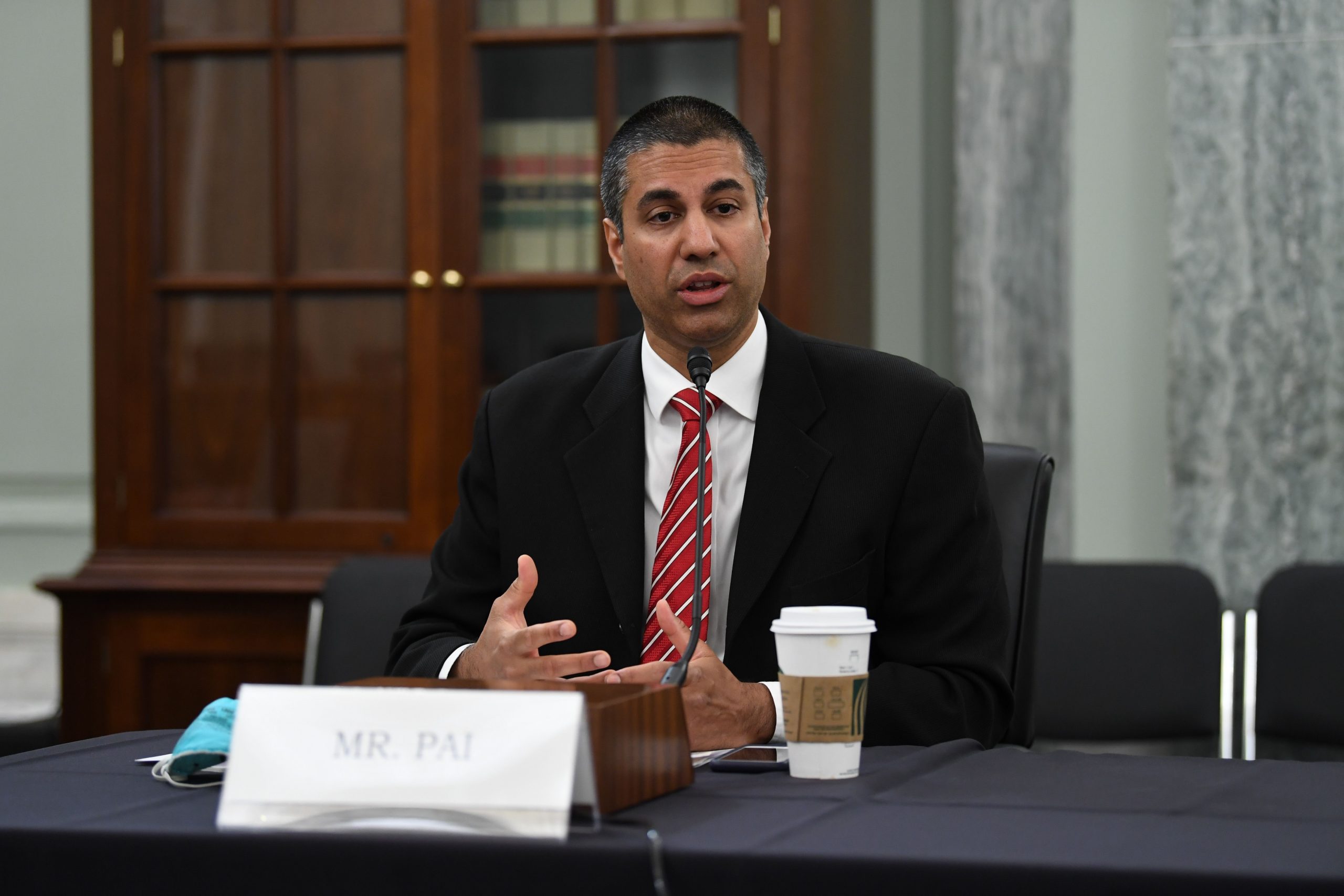FCC upholds ZTE’s status as a national security threat
The FCC has rejected ZTE’s request for the reconsideration of its designation as a US national security threat. If you’ll recall, the commission formally named Shenzhen-based manufacturers ZTE and Huawei as national security threats back in June, warning US carriers that using the companies’ equipment poses a risk of espionage. Both companies deny that they’re spying for the Chinese government, and both submitted petitions for their designation to be overturned.
The companies being recognized as a national security threat means US carriers can’t tap into the FCC’s $8.3 billion annual Universal Service Fund to purchase, upgrade or maintain any equipment from the two companies. Small rural carriers in the country rely on the relatively affordable equipment manufactured by Huawei and ZTE for their networks, but they also need the FCC’s funding to maintain them.
It would cost US carriers over $1.8 billion to replace all ZTE and Huawei equipment, according to a previous FCC estimate. The Senate approved a $1 billion budget to help the carriers replace them earlier this year, but the government has yet to find the funds needed for the program.
In its announcement for the rejection of ZTE’s petition, FCC Chairman Ajit Pai said:
“With today’s order, we are taking another important step in our ongoing efforts to protect US communications networks from security risks. At the next Open Meeting on December 10, the Commission will vote on rules to implement the Secure and Trusted Communications Networks Reimbursement program to help carriers remove and replace untrusted equipment from their networks, months before the statutory deadline. Now it is more vital than ever that Congress appropriate funds so that our communications networks are protected from vendors that threaten our national security.”
Pai also tweeted that ZTE didn’t dispute that the Chinese government imposes legal controls on Chinese companies to provide access “for the government’s intelligence gathering activities.”
Notably, ZTE didn’t dispute that “Chinese law imposes both legal and extralegal controls on Chinese citizens and foreign citizens, companies, and organizations operating in China to provide access, cooperation, and support for the government’s intelligence gathering activities.” pic.twitter.com/xM4kZmiLxg
— Ajit Pai (@AjitPaiFCC) November 24, 2020
As Bloomberg notes, the FCC’s announcement didn’t mention Huawei at all. The agency recently announced (PDF) that it’s extending the timeframe to review its petition, since Huawei submitted 5,000 pages with comments in response to being designated as a security threat. It’s expected to release an official response to Huawei’s request on December 11th.
(13)




